Last Updated on October 14, 2025
How Specialized Therapies Support Addiction Rehabilitation
At a Glance: How Specialized Therapies Support Recovery
- Personalized care anchors the process—therapies are tailored to each person’s psychological, emotional, and cognitive needs for more meaningful progress.
- Evidence-based talk therapies like CBT and REBT help identify, challenge, and reframe unhelpful beliefs and behavior patterns that can fuel substance use.
- Creative and experiential therapies (e.g., art, music, purposeful projects) keep the mind engaged, improve focus, and offer safe ways to process feelings when words fall short.
- Individual attention and thoughtfully used group work create connection, accountability, and skill-building across each stage of recovery.
- Nova Recovery Center integrates these modalities within a full continuum of care, with same-day admissions available in Austin to help people start sooner.
Table of Contents
Specialized therapies—such as CBT, REBT, and creative arts therapy—support addiction rehabilitation by targeting the beliefs, behaviors, and emotions that drive substance use. At Nova Recovery Center, individualized treatment plans keep your mind engaged and aligned with recovery goals, blending one‑to‑one sessions and focused group work to build skills, accountability, and long‑term change. These evidence‑based approaches are tailored to each person.
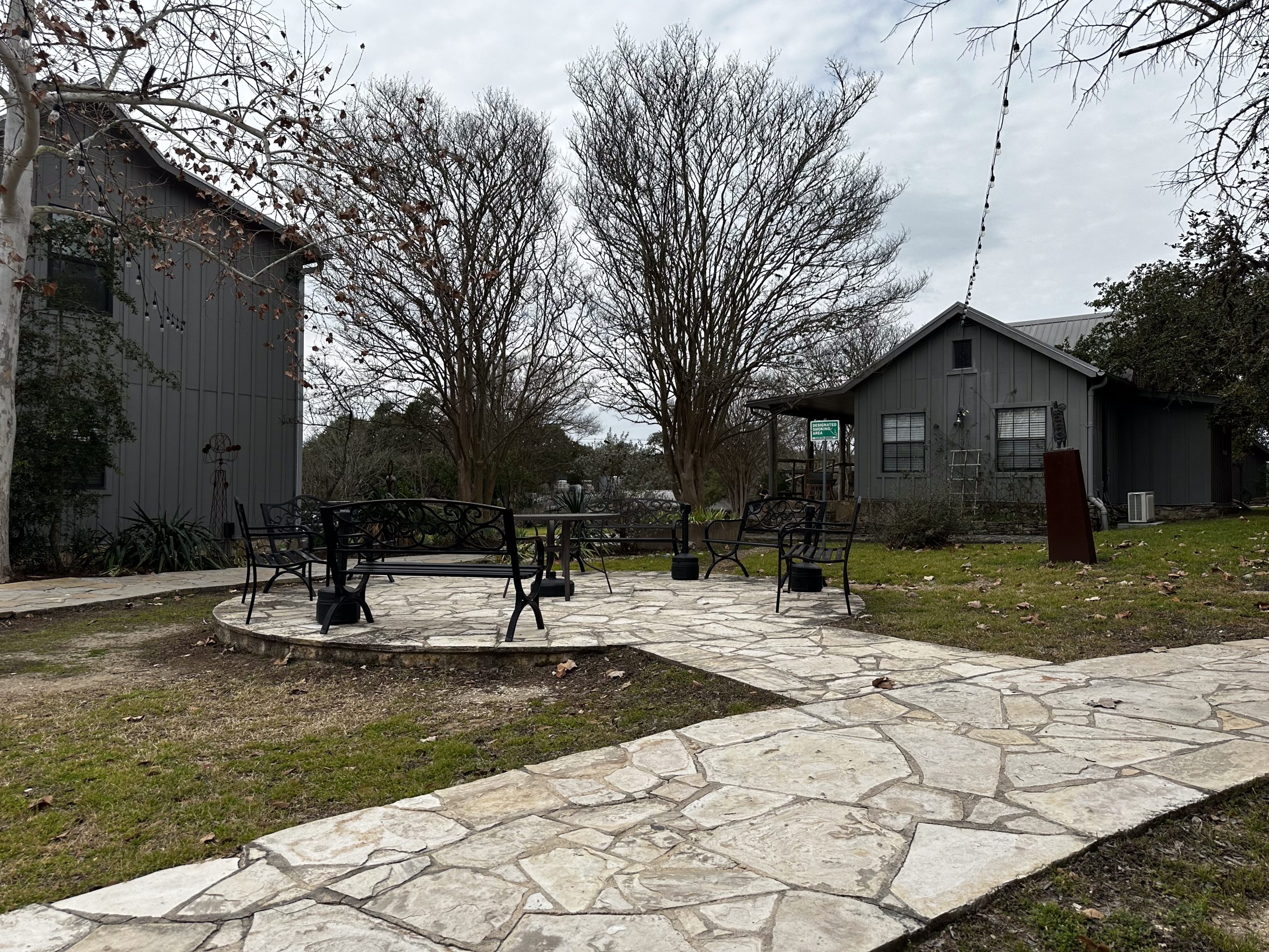

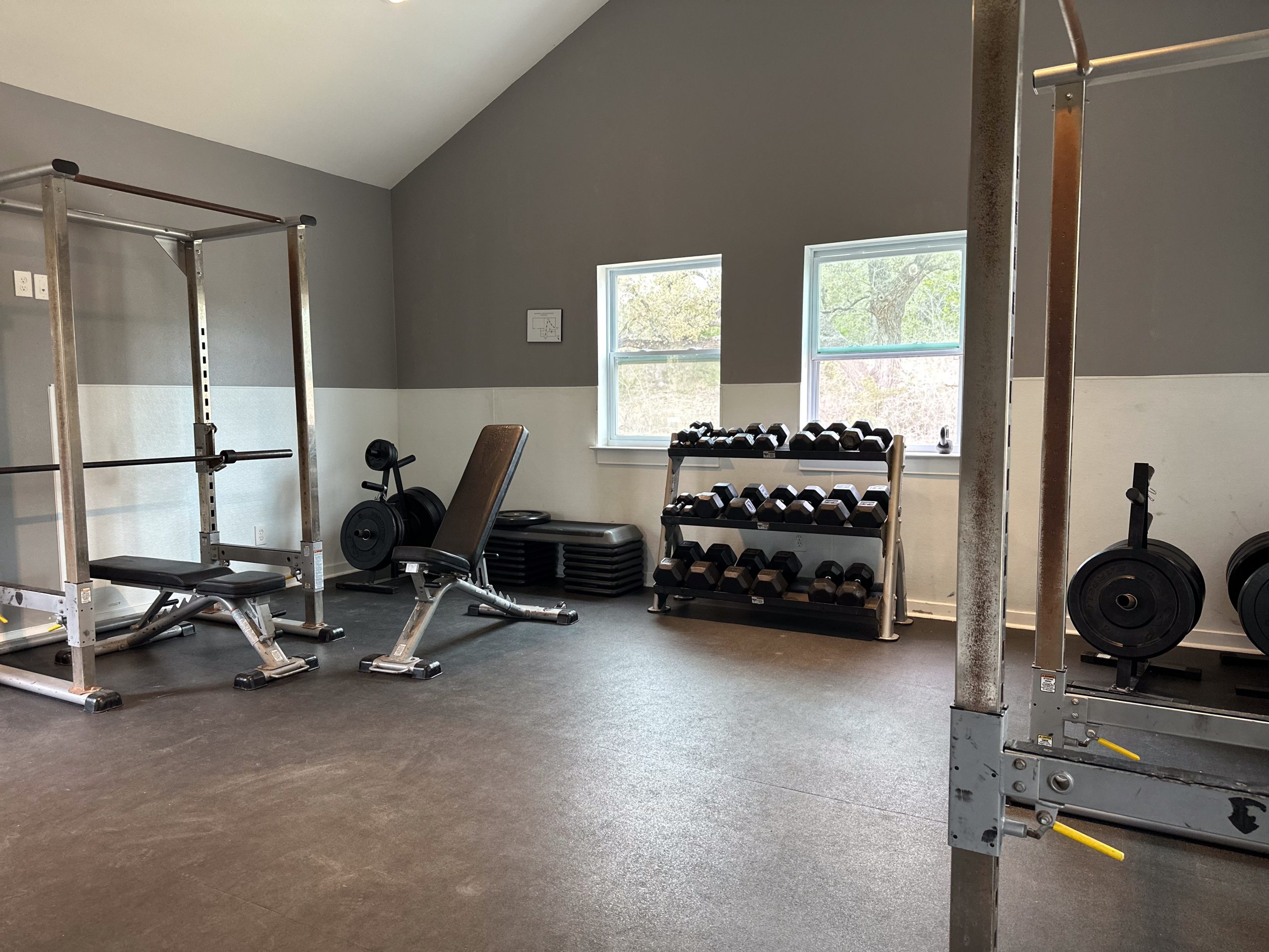
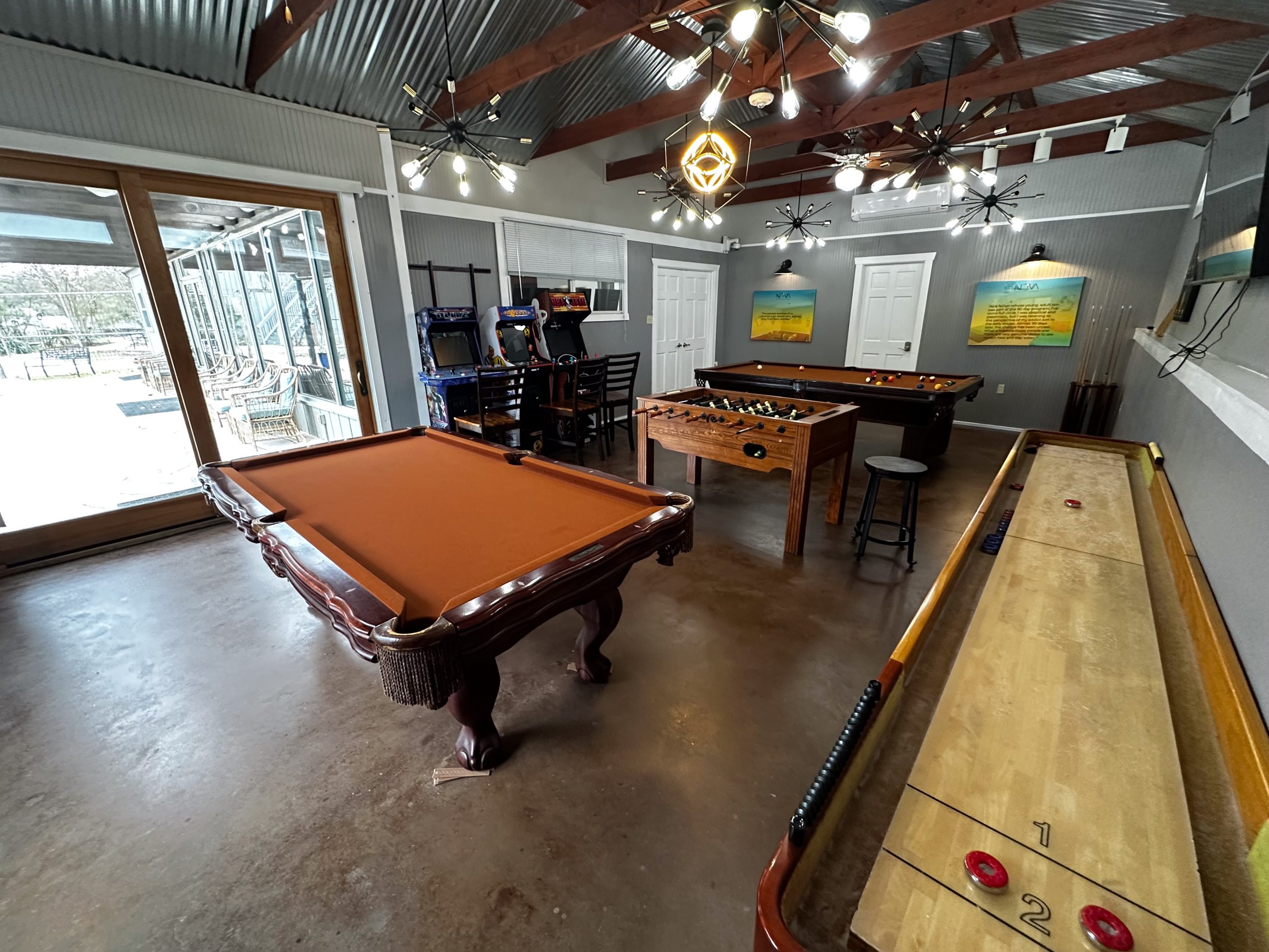
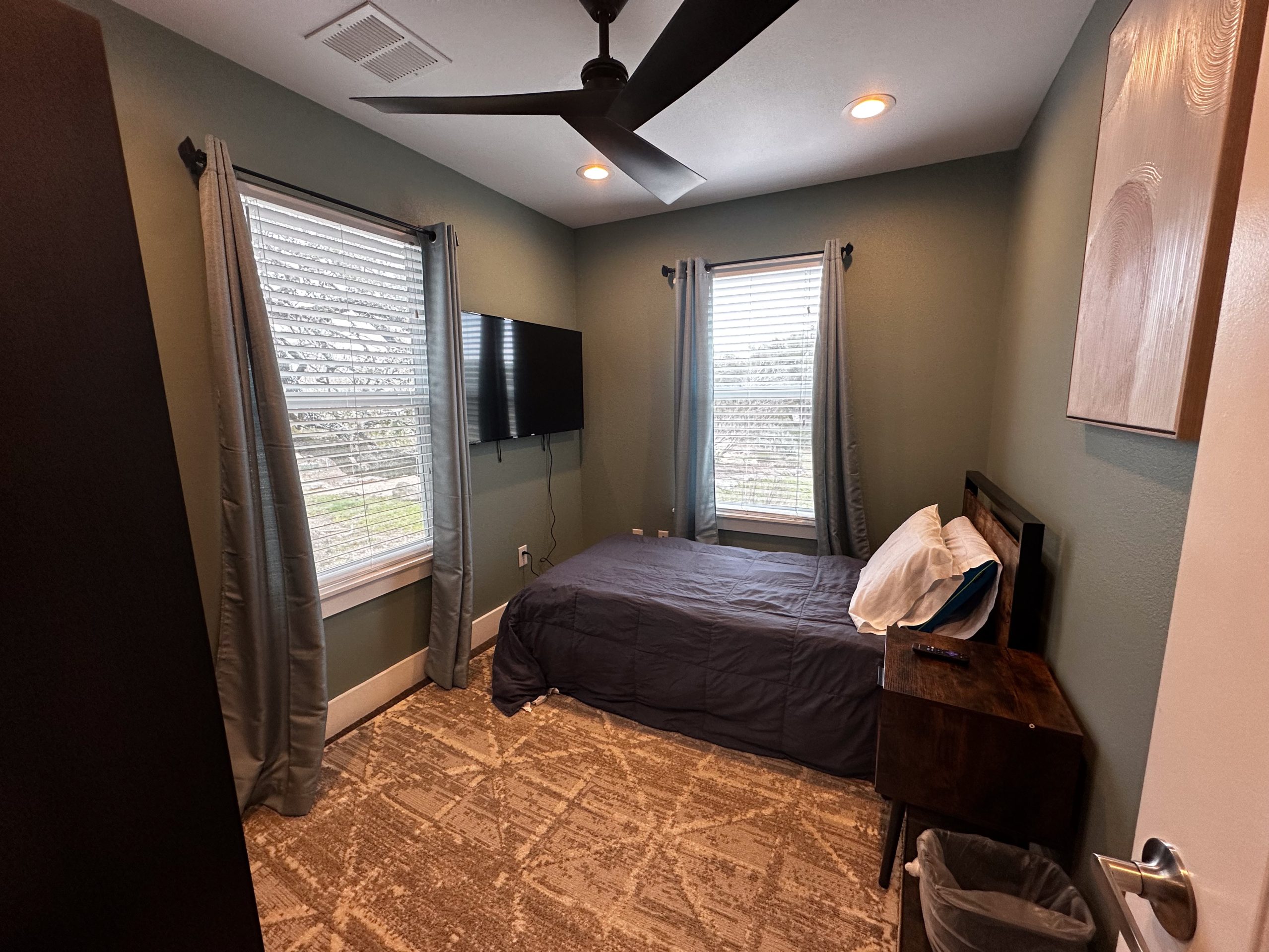


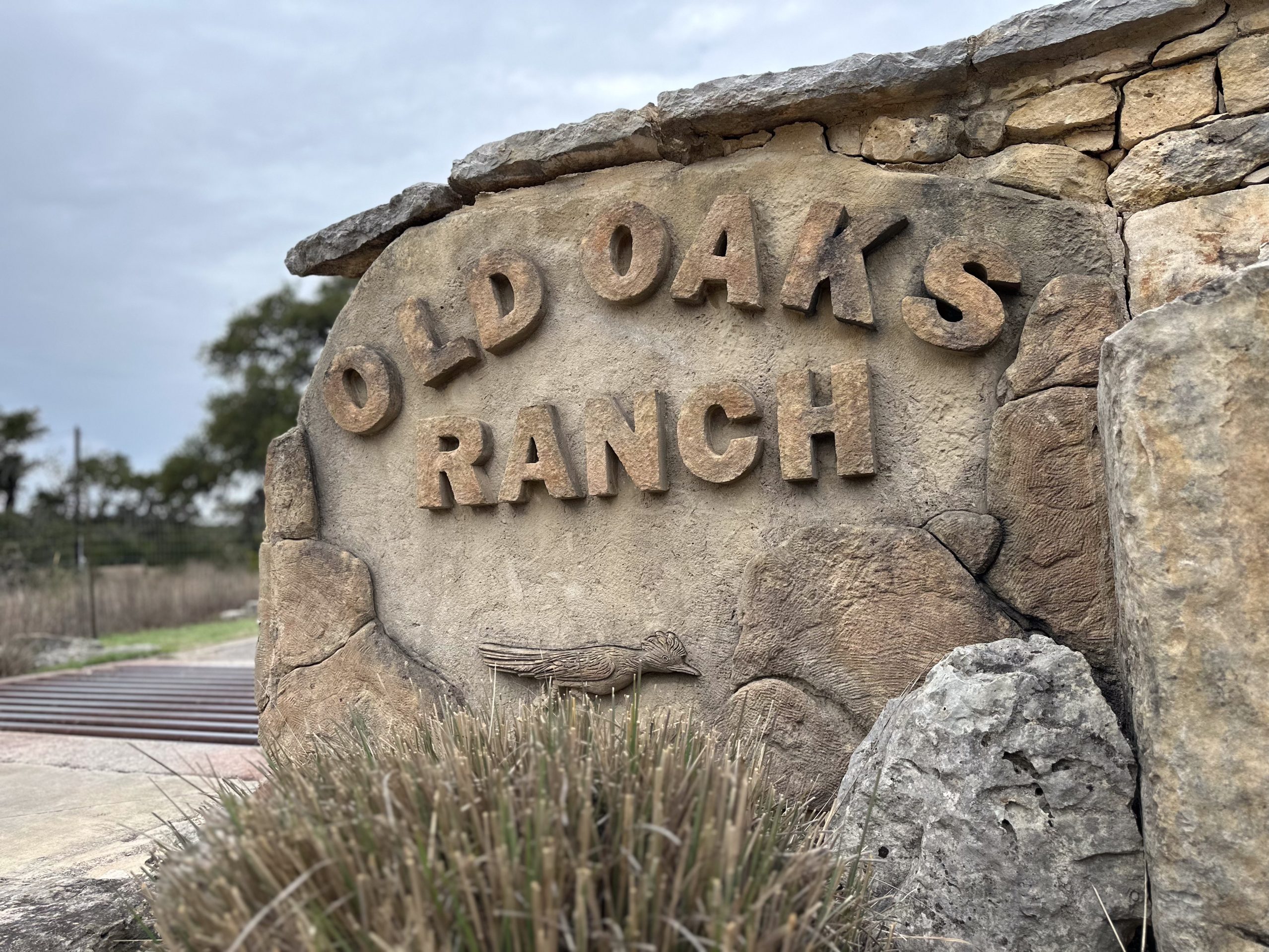

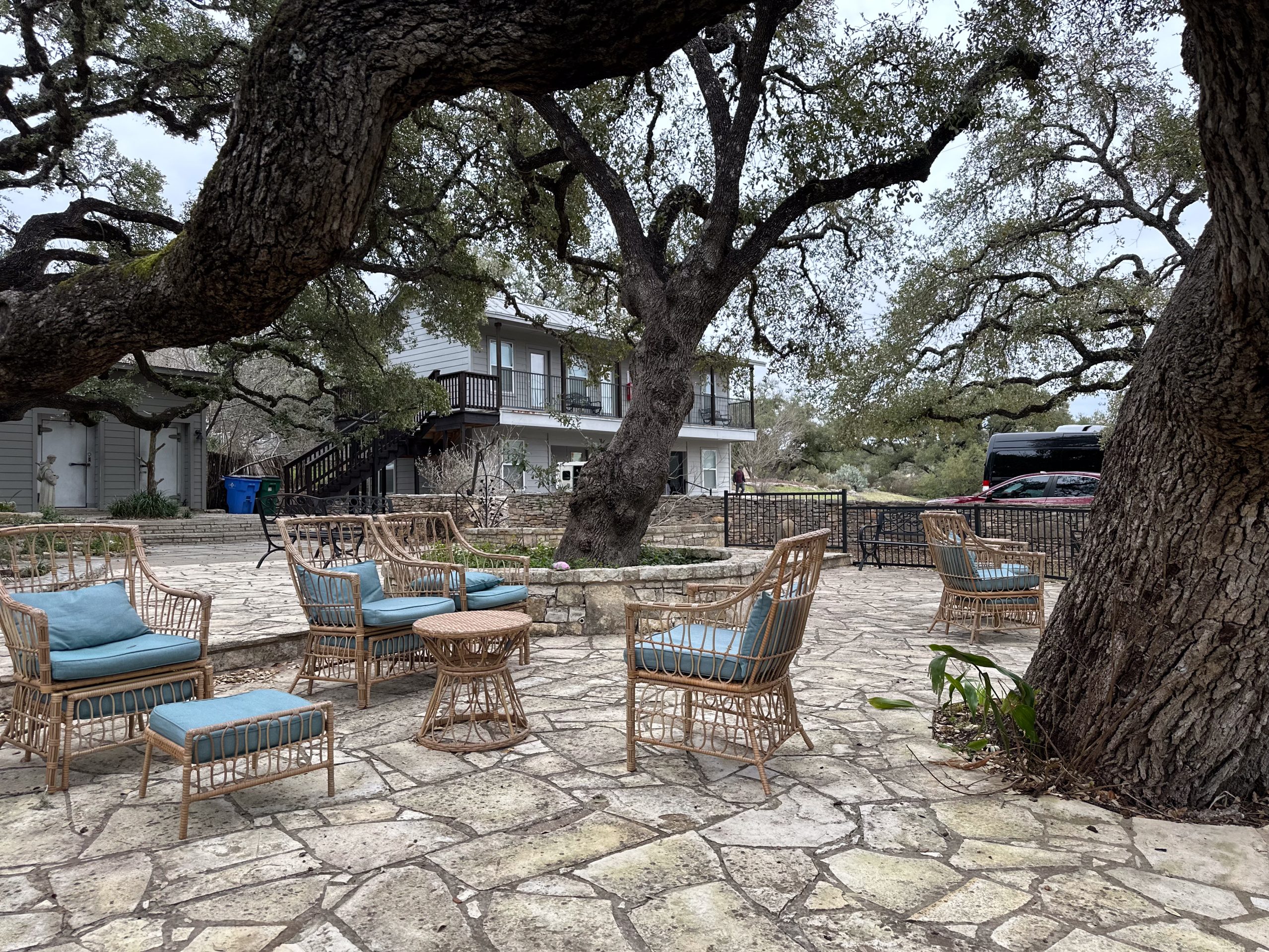
Why does personalized attention in specialized therapy matter during rehabilitation?
During any specialized therapy session, each patient works with a dedicated team. That team ensures focused attention and tailors care to each person’s needs, so treatment matches psychological, emotional, and cognitive goals for better outcomes overall.
Different People Have Different Needs
Every person has his or her own specific needs. Most times, people tend to resort to drugs when they feel like their needs are not met by their family, society, or even themselves. To bring them out of drug habits, it is ideal we solve the root of the problem. By providing individual attention and teaching them how to get their needs met, we can make them quit their drug needs and bring them back into their normal lives.
Also, sometimes, most people may have a common problem that leads them toward drug abuse. The effective solution here is group therapy with open discussions. Here, participants will share each of their problems and share how they coped with them and how they came out of drug abuse through continuous effort.
Freedom Starts Here. Take Back Your Life Today.
Same-Day Admissions in Austin Available.
Expressing Your Thoughts & Feelings Liberates You
In some special therapies like creative arts therapy and music therapy, you can learn to express your feelings more creatively. These practices are supported as effective complements to behavioral therapy and family counseling when words alone feel difficult.
- In creative arts therapy, for example, the participants are encouraged to do purposeful & creative projects, along with their own homework assignments.
- These experiential programs are designed to be both fun and therapeutic.
- It may include activities such as making a dreamcatcher, painting a canvas, or crocheting a scarf.
The simple activities help the patients to coordinate their activities better and also gain more focus in their minds. Sometimes, writing is also suggested to them. The patients learn to express their thoughts and feelings better this way.
An Overall Therapeutic Experience
At Nova Recovery Center, we provide our patients with a variety of tasks and activities as a part of our specialized therapies. These practices have helped thousands of people to get back into their normal lives. They live free of addiction from drugs and drug abuse. These specialized treatments have a long-lasting therapeutic experience for our clients.
Most of our success with our patients has come from specialized therapies as above. If you or any of your friends are looking for a safe and secure way to recover, do contact us. We can guide you through this until the end and we will make it as easy as possible for you.
Where Do I Turn For Help?
At Nova Recovery Center, we provide the best recovery program to combat your addictions. It trains you mentally, emotionally, and physically to stay out of substance abuse. We have many sober living homes and an alcohol detox center in Austin or Austin drug detox center. Book an appointment today. If you feel that you need help with an addiction and want to learn more about outpatient drug rehab Austin, TX, or outpatient alcohol rehab Austin, TX or step up care in inpatient alcohol rehab Austin at our Wimberley campus. please call Nova Recovery Center at (888) 427-4932 or contact us online today. Ask about our male drug rehab tracks.
See also: trauma‑informed practices, relapse prevention plan.
How Specialized Therapies Support the Recovery Process
What are specialized therapies, and why are they so valuable in rehabilitation?
Specialized therapies are individualized treatment approaches—like CBT, REBT, or creative arts therapy—that go beyond one-size-fits-all models. They’re tailored to your unique psychological needs, helping you stay mentally engaged and building a foundation for long-lasting recovery.
What is Rational Emotive Behavior Therapy (REBT) and how does it work?
Rational Emotive Behavior Therapy (REBT) is a hands-on form of therapy developed by Albert Ellis in the 1950s. It helps you identify and dispute irrational beliefs (the “B” in Ellis’s ABC model) that cause negative emotions and behaviors. Over time, this can lead to healthier thought patterns and emotional peace. It’s especially effective for anxiety, depression, and self-worth issues.
What’s Cognitive Behavioral Therapy (CBT), and what can it help with?
Cognitive Behavioral Therapy (CBT) is a structured, goal-oriented talking therapy that teaches you to recognize and reshape unhelpful thought and behavior patterns. It’s one of the most widely studied therapies and is proven to help with depression, anxiety, chronic pain, insomnia—you name it. Sessions often mix practical tasks and reflection to create real change.
What exactly is creative arts therapy, and how can it help in rehab?
Creative arts therapy lets you explore emotions through art-making, storytelling, music, or movement—not just words. It’s a gentle gateway for insight, emotional processing, and engagement, especially when words fall short. It’s been shown to support a range of needs—from trauma healing to cognitive rehab and emotional regulation. Related trauma support includes EMDR therapy.
Isn’t personalized attention and customized treatment important in rehab?
Absolutely. Recovery isn’t one-size-fits-all. Personalized attention allows therapies to target your physical, emotional, and cognitive needs—so every step of your rehab journey feels meaningful and supportive through confidential individual drug counseling.
What are “psychological needs” in the recovery process?
We’re talking about things like feeling safe, understood, mentally stimulated, and hopeful. When therapy builds around those needs, it holds healing power—beyond just treating symptoms.
How does keeping an ‘engaged mind’ help during recovery?
An engaged mind means you’re actively part of your healing—not just a passive participant. Therapy that challenges, motivates, or sparks creativity helps you stay invested, making results more real and lasting.
How can therapy experiences lead to long-lasting change?
When a therapy is personalized, active, and emotionally resonant—whether it’s through questioning deep beliefs (REBT), building skills (CBT), or creating meaning (creative arts)—the benefits tend to stick. They reshape the way you think and feel for the long haul.
How long does rehabilitation typically take, and can these therapies speed it up?
Rehab timelines vary, but many people often need at least three months of treatment for meaningful change, according to NIDA. Specialized therapies match you with the right approach and consistently help you stay engaged and resilient from day one.
What are the stages of the recovery process, and how do specialized therapies support each one?
Recovery often begins with acceptance and understanding, moves into actively changing thought and behavior, and finally into solidifying lasting habits.
- REBT often helps with reframing beliefs in those early stages.
- CBT tackles patterns and builds strategies mid-way.
- Creative Arts Therapy can be woven throughout—especially when emotional breakthroughs or meaning-making is needed.
Other Drug and Alcohol Rehab Locations
Medical Disclaimer
The information provided on this page is for educational purposes only and is not intended as a substitute for professional medical advice, diagnosis, or treatment. Lexapro (escitalopram) and other prescription medications should only be taken under the supervision of a licensed healthcare provider. Do not start, stop, or change your dosage without consulting your doctor. If you are experiencing severe side effects, withdrawal symptoms, or thoughts of self-harm, call 911 in the United States or seek immediate medical attention. For mental health support, you can dial 988 for the Suicide & Crisis Lifeline, available 24/7.
Nova Recovery Center Editorial Guidelines
By instituting a policy, we create a standardized approach to how we create, verify, and distribute all content and resources we produce. An editorial policy helps us ensure that any material our writing and clinical team create, both online and in print, meets or exceeds our standards of integrity and accuracy. Our goal is to demonstrate our commitment to education and patient support by creating valuable resources within our realm of expertise, verifying them for accuracy, and providing relevant, respectful, and insightful data to our clients and families.


